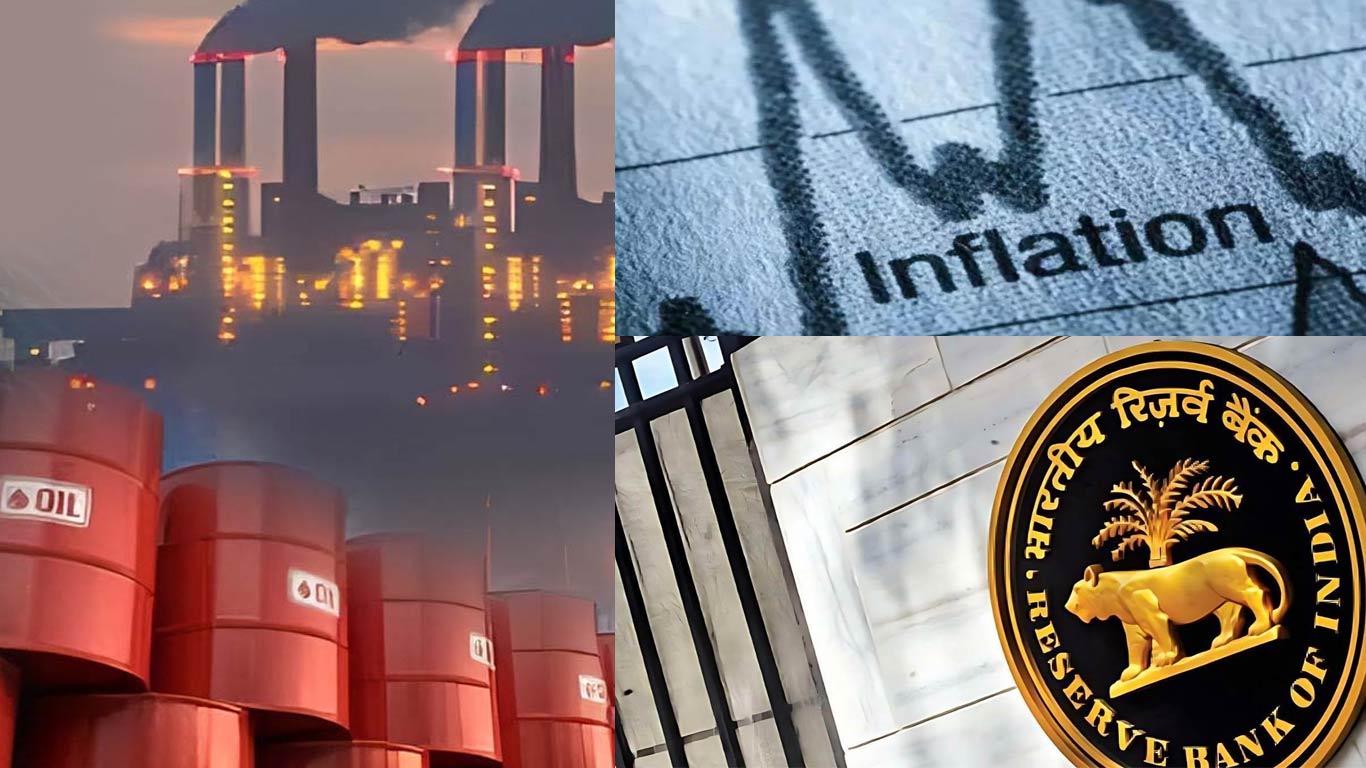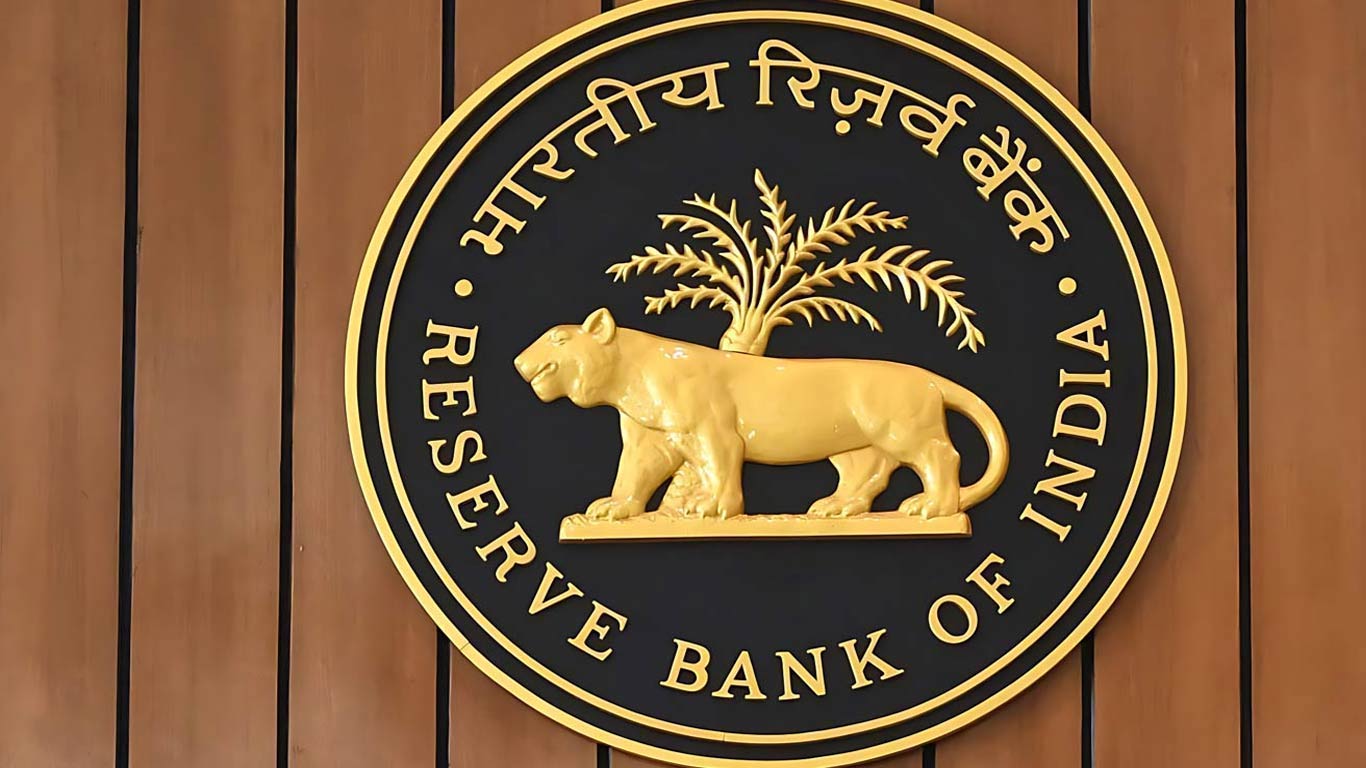Currently US businesses face significant market access barriers in India: Wilbur Ross
Updated: May 08, 2019 08:08:42am

Currently US businesses face significant market access barriers in India: Wilbur Ross
New Delhi, May 8 (KNN) The US Commerce Secretary, Wilbur Ross accused India for imposing high import duties and tariffs on US products.
Ross, who is in India to discuss a long list of trade disputes between the two countries said, “Our goal is to eliminate barriers to the US companies operating here including data localization restrictions that actually weaken data security and increase the cost of doing business.”’
He stated that US wants India to eliminate trade barriers for American firms and remove restrictions related to data localisation. India insists that financial and other sensitive information about its citizens should be stored in the country.
Speaking at the Trade Winds Forum and Trade Mission, Ross pointed “Currently US businesses face significant market access barriers in India. These include both tariff and non-tariff barriers as well as multiple practices and regulations to the disadvantage of foreign companies.”
He also met Commerce and Industry Minister Suresh Prabhu and discussed the contentious issues of ecommerce, data protection and localization.
He mentioned that high tariffs undermine India’s goal of improving digital access and literacy.
Ross complained that the US has a trade deficit with India in both goods and services, which is “unusual (as) we generally have a surplus in services with most countries”.
Alleging that India imposes very high import duties on goods such as automobiles, motorcycles, agricultural products and alcoholic beverages, Ross said India’s average applied tariffs rate is high, at 13.8%.
India has a 60% tariff on automobiles, while the US imposes 2.5%. India has a 50% tariff on motorcycles and 150% on alcoholic beverages. It imposes bound tariff rates, the maximum import duty India can charge under WTO rules on agricultural products at the average of an “incredible” 113.5% and some are as high as 300%, he added.











